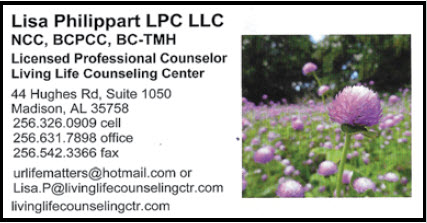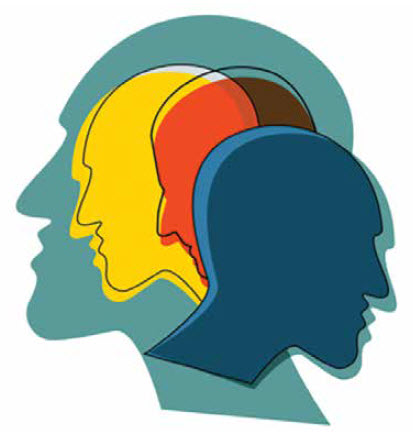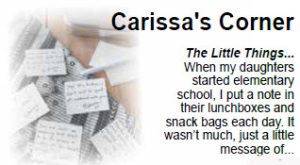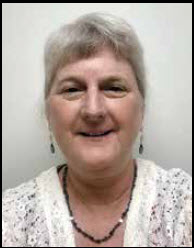 By: Lisa Philippart
By: Lisa Philippart
Note: Please do not use this information to self-diagnose. Consult a professional.
This is the third article in a series on Personality Disorders (PD.) In my last article we looked at the category of suspicious PD, which includes Paranoid, Schizoid, and Schizotypal personality disorders. This article will examine the emotional and impulsive category of PD, which includes Antisocial, Borderline, Histrionic, and Narcissistic personality disorders.
Let’s begin with Antisocial Personality Disorder (ASPD.) It is natural to sometimes put our own needs, pleasures, or personal gain before others around us. However, if these actions occur quite frequently and you struggle to keep stability in your life, or you regularly act irresponsibly out of anger or lack of consideration for others, this could lead to a diagnosis of ASPD. (This diagnosis includes psychopaths and sociopaths, but these terms are no longer used in the DSM-5.) If you put yourself in dangerous or risky situations, often without thinking about the consequences for yourself or other people, or behave dangerously and sometimes illegally, you may be considered to have some of the characteristics of ASPD. Other ASPD behaviors include acting impulsively and/or aggressively, and doing things, even though they may hurt people, to get what you want. You may also have problems with empathy. For example, you may not feel or show any sense of guilt if you have mistreated others.
 Borderline Personality Disorder (BPD) is currently the most commonly diagnosed personality disorder. We all experience difficulties with our relationships, self-image, and emotions, but with BPD, you may feel consistently unstable or intense which creates significant problems in your daily life. Here are some examples of common symptoms:
Borderline Personality Disorder (BPD) is currently the most commonly diagnosed personality disorder. We all experience difficulties with our relationships, self-image, and emotions, but with BPD, you may feel consistently unstable or intense which creates significant problems in your daily life. Here are some examples of common symptoms:
- You feel really worried about people abandoning you and either do anything to stop that or push people away.
- You have intense emotions that can change quickly.
- You don’t have a strong sense of who you are, so you change significantly depending on who you are with.
- You struggle to keep stable relationships.
- You act impulsively which can lead to self-harm.
- You struggle to control your anger.
- You struggle to trust people.
- When stressed, you may become paranoid or have a psychotic experience.
- You feel numb or checked out, possibly dissociating.
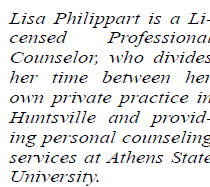 Most people enjoy being given compliments or positive feedback about their actions. But if you depend heavily on being noticed or are seeking approval so much that this affects your day-to-day living, you might fit the criteria for Histrionic Personality Disorder. With this type of personality disorder, you may feel that you must entertain people and be the center of attention. You constantly seek, or feel dependent on, the approval of others. Because of this, you may make rash decisions or behave/dress inappropriately to ensure that you remain the focus of others’ attention. Often, you get a reputation for being dramatic and overemotional, especially because you are easily influenced by others.
Most people enjoy being given compliments or positive feedback about their actions. But if you depend heavily on being noticed or are seeking approval so much that this affects your day-to-day living, you might fit the criteria for Histrionic Personality Disorder. With this type of personality disorder, you may feel that you must entertain people and be the center of attention. You constantly seek, or feel dependent on, the approval of others. Because of this, you may make rash decisions or behave/dress inappropriately to ensure that you remain the focus of others’ attention. Often, you get a reputation for being dramatic and overemotional, especially because you are easily influenced by others.
And finally, it is human nature to be aware of our own needs, to express them, and to want others to be aware of our abilities and achievements. However, taken to the extreme, this may be an indication of Narcissistic Personality Disorder. Many of us are familiar with narcissism, but these are some of the criteria based on information in the DSM-5. You may:
- Believe that there are reasons that make you different, special, better, or more deserving than others.
- Have a fragile self-esteem, so you rely on others to recognize your worth and needs.
- Feel upset if others ignore you or don’t give you the recognition you deserve.
- Resent other peoples’ successes.
- Put your own desires above others, and demand that they do too.
- Be unable or unwilling to recognize other people’s needs.
My next article in this series will cover the anxious category of personality disorders.
By: Lisa Philippart
Licensed Professional Counselor
